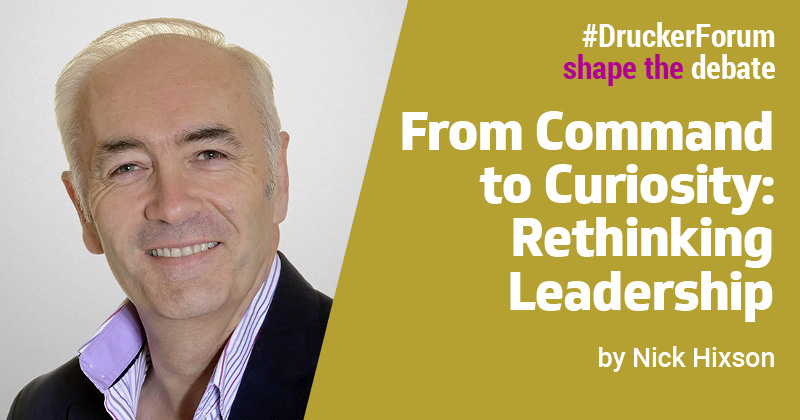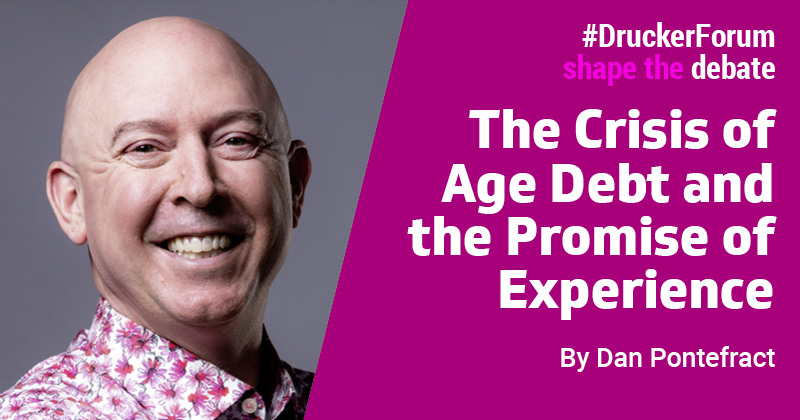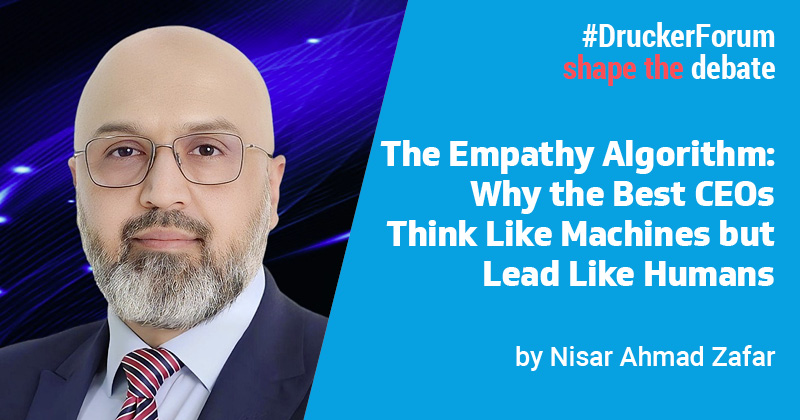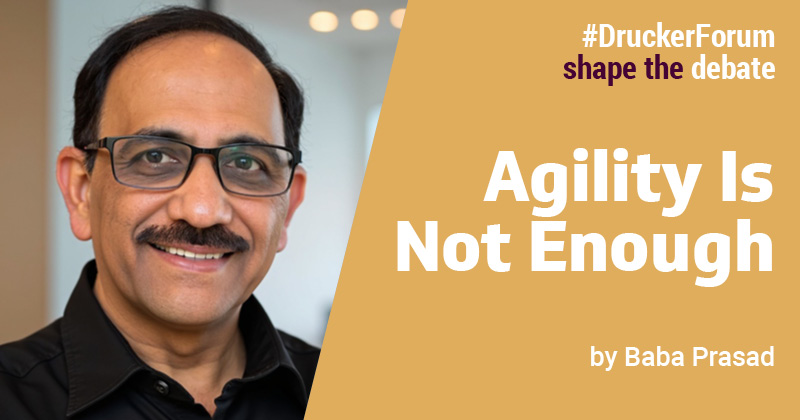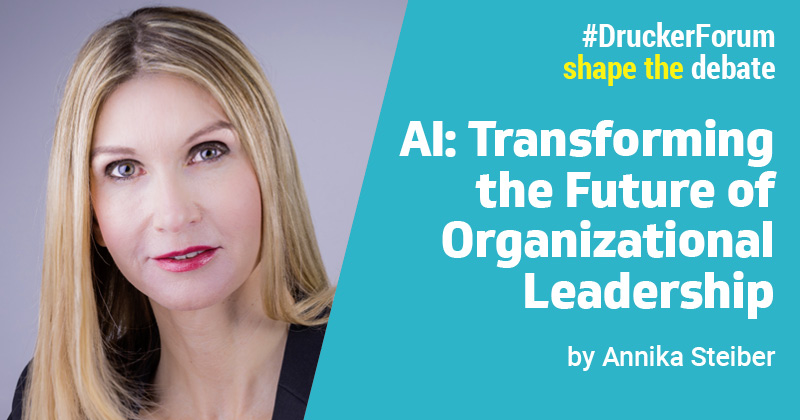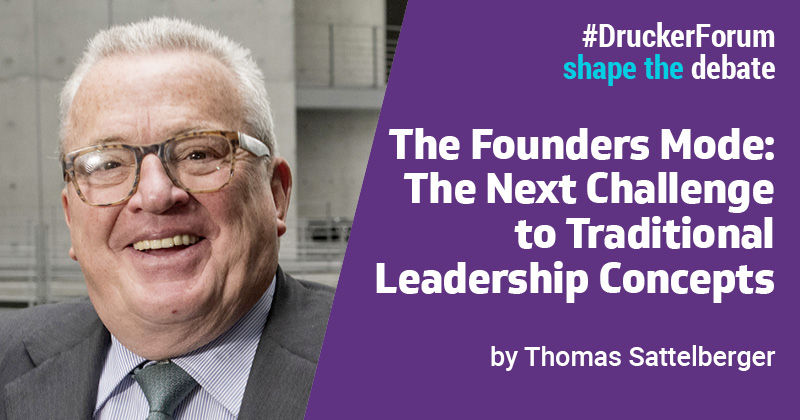Moving beyond military metaphors, leaders must create conditions where strengths align and unpredictability becomes an asset.
The traditional paradigm of managers as distant commanders is giving way to a richer image—that of the enabler and servant leader (The Death of the Manager: The Rise of the Enabler). Inspired by that, we might consider a radical reimagining: what if managing an organisation were more like orchestrating a mega-event…of cat management?[…]
